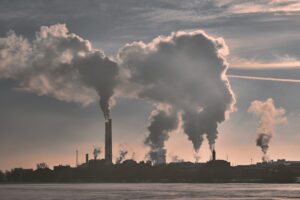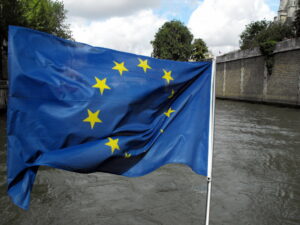The pandemic has led to a surge in plastic pollution from face masks to hand sanitiser bottles, but according to the United Nations Conference on Trade and Development (UNCTAD), effective trade rules can help to limit the waste.
Global sales of disposable face masks alone are set to skyrocket from an estimated $800m in 2019 to $166bn in 2020, and an estimated 75% of this additional waste will likely become waste in landfills and the seas.
According to the UN Environment Programme, the negative spillover effects of plastic waste on fisheries, tourism and maritime transport will add up to an estimated $40bn each year.
Besides regulating the production and consumption of plastics, UNCTAD is urging governments and businesses to identify non-fossil fuel plastic substitutes.
The list of non-toxic, biodegradable or easily recyclable materials that could replace plastic includes many well-known materials, such as glass, ceramics, natural fibres, paper and cardboard.
Pamela Coke-Hamilton, UNCTAD’s director of international trade said: ‘Plastic pollution was already one of the greatest threats to our planet before the coronavirus outbreak but the sudden boom in the daily use of certain products to keep people safe and stop the disease is making things much worse.
‘Plastic production and consumption are a global system that has lots of trade dimensions.
‘But the important role that global trade policies could play in the fight against plastic pollution has not garnered the attention it deserves.
‘But the way countries have been using trade policy to fight plastic pollution has mostly been uncoordinated, which limits the effectiveness of their efforts. There are limits to what any country can achieve on its own.’
Photo Credit – Pixabay














